
Ecology in an Era of Fragmentation 
As a species, we produce gardeners, devoted caretakers, and also arsonists.



As a species, we produce gardeners, devoted caretakers, and also arsonists.

We have witnessed the destructive effects of financialization. Can the millions held in bank deposits, corporate equities, and bonds be used instead to provide for society’s most pressing needs?
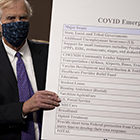
From 2020 to 2022, Americans saw the state mobilize immense resources to boost their standard of living—and then witnessed the hard political constraints hemming in this capacity.
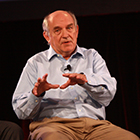
An interview with Quinn Slobodian, the author of Hayek’s Bastards: Race, Gold, IQ, and the Capitalism of the Far Right.
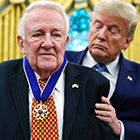
The administration is attempting to incapacitate the redistributive and social protective arms of the state, while exploiting its vast bureaucratic powers to silence, threaten, and deport.

Like so many romantics, Scott mixed radical and conservative themes. No wonder he found appreciative readers across the political spectrum.
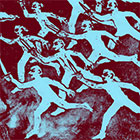
By looking at right-wing politics around the world, we can better understand conservatives’ abiding preoccupations and priorities, and how they might be thwarted.
Introducing our Spring 2024 issue, “The Global Right.”
The virtues of left unity are still obvious, but the grounds for compromise are harder to see.

The defeat of hardline national-Catholic rule was welcomed with euphoria by the big-tent opposition. The outcome for the Polish left is more ambiguous.

Most politicians now nod in agreement with the right’s calls to reduce immigration, deport the undocumented, restructure criminal policy, and prevent further political integration with the European Union. A new nationalist consensus is forming.
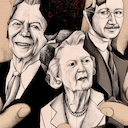
In the 1990s, neoliberalism was a kind of utopian program. What remains after the crises of the twenty-first century?
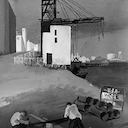
Socially necessary labor should entitle us to respect, decent pay, and safe conditions—not a duty to work relentlessly, without complaint.
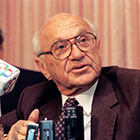
Matt and Sam interview historian Jennifer Burns about her new biography of Nobel Prize–winning economist and libertarian intellectual Milton Friedman.

Special economic zones are not just a product of the effort to free capitalism from democratic authority. They are a response to a broader anxiety about power imbalance between multinational corporations and national governments.

For all the friendly feelings toward organized labor in the United States today, a new workers’ movement remains incipient.